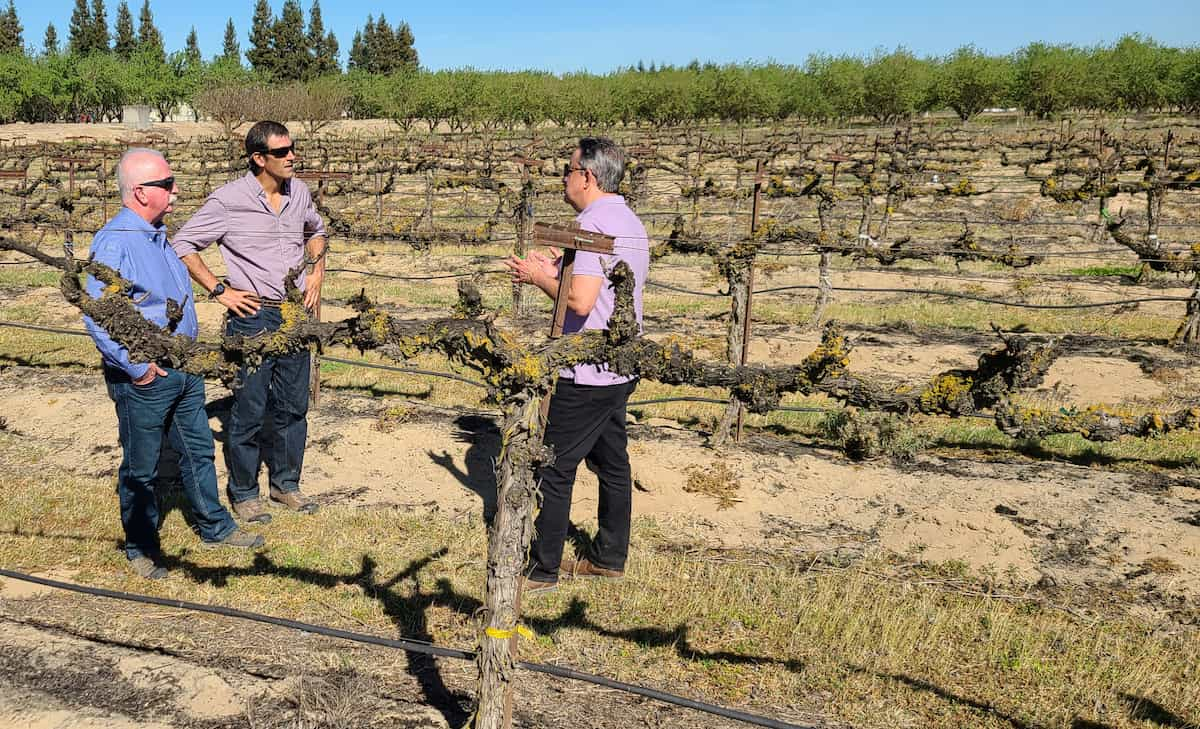For growers, sustainability is, and always has been, at the core of their operations to ensure profitability and longevity of their operations as well as the productivity of their land. While the U.S. government’s “Sustainability Primer” defines three pillars as Environmental, Social and Economic, at AgriThority® we believe sustainability in agriculture requires Practical, Productive and Profitable systems.
“For farmers, the key is not implementing sustainability but a matter of documenting the practices they have already been doing over the past 50 to 100 years,” says Richard Shaw, AgriThority Product Development Manager. “Production practices and technology have dramatically improved during this time. Now farmers only need to continue improving their connection to the sustainability the consumers want.”
Practical Sustainability
Sustainability needs to be practical for a grower to implement. New products should fit within existing production practices, or dramatically improve them. A practical approach focuses on improving and not overhauling conservation efforts growers are already deploying to sustain their operation for their children and grandchildren.
“Sustainable practices are often misconstrued as being just a reduction of inputs,” Shaw says. “To a large extent most growers’ objective is to leave the land in better shape than they inherited or purchased. Most of them dream their great grandkids will farm that same land and continue to leave it in better shape. Now we know scientifically how to better measure that.”
Shaw firmly believes that companies need to take the science of how to improve sustainability and break it down into practical and achievable actions growers can easily adopt. Then the growers need a method to document what they are already doing and new efforts they are deploying. This improved communication from companies, their consumers, and public institutions should advocate for growers.
Productive Sustainability
The agriculture industry can’t expect farmers to adopt products and practices just for sustainability’s sake. They also need to increase productivity for return on investment. Farmers and their families live off the proceeds of their production.
An example is the increased focus on biological products as replacement for synthetic chemistries. “Today, if growers and the agriculture industry can learn to use biologicals more effectively, this could improve resistance and reduce conventional chemistry use,” Shaw says. “The industry is doing a better job of sorting out the biologicals to focus on those that perform. Biologicals will be more readily adopted as the industry continues to sort out how and where they work for the growers.”
Companies and innovators need to do their homework and properly develop their products with a disciplined stage gate development process. Through this process, the data will show how and where the product will work in the field.
“Real sustainability usually involves intensive production practices using low impact, but highly effective inputs,” Shaw says. “With research we have more access to those low impact inputs, or we learn to use existing inputs in a more effective way. This is part of the evolution of biologicals–developing new ones but also learning how to use the existing ones more effectively.”
Sustainability Through Farmer Profitability
Sustainability expectations and production challenges facing modern agriculture are important as is the ever-challenging lack of consumer education about where and how food is produced by land stewards. The major issues in agriculture revolve around profitability. In February, net farm income fell nearly 26 percent from 2023. This drop is partially due to lower commodity prices, lower government payments and higher farm expenses.
“Sustainable practices have benefits, but in some cases, farmers are not the ones harvesting the value,” Shaw says. “The value must get shared all along the value chain down to the grower. Every stakeholder is going to have an expense because there’s maintenance, transparency and identification from seed all the way to the shelf. That’s always the challenge. Growers need to see a return on investment to take the chance on new innovations and practices.”
The continual evolution of advanced technologies allows improvement in efficient, effective, and regenerative practices that focus on soil health, crop yields, water, and nutrient use. While none of these topics are new to the farmer, the concept of regenerative agriculture is now attracting a broader audience. However, implementing new technologies on the farm takes capital, and farmers can’t invest in improvements or experiment with new types of products if their profit isn’t sustainable.

Jerry Duff, Ignacio Colonna and Gloverson Moro, Ph.D., discuss best management practices for regenerative agriculture at a farm in Northern California.
AgriThority® has seen an increase in development projects that quantify carbon sequestration in corn and soybeans, and maximizing nutrient and water use efficiency. These types of products and more will continue to be more important as farmers look to take advantage of these new streams of revenue and maximize their natural resources and crop input investments.
The complexity and variability of growing plants or animals that feed, clothe, and fuel the population is also the basis of our work in product, business, and market development. For our innovative clients, our systematic and disciplined approach helps them demonstrate the value of their discovery through practical, real-world application and evaluation.
Our belief in the pillars of practical, productive, and profitable agriculture drives our passion for technical development, as well as business and market development, that improves success at many levels of the industry. We are devoted to the development of agricultural innovations to ensure practicality and productivity. Reach out for more information today.



